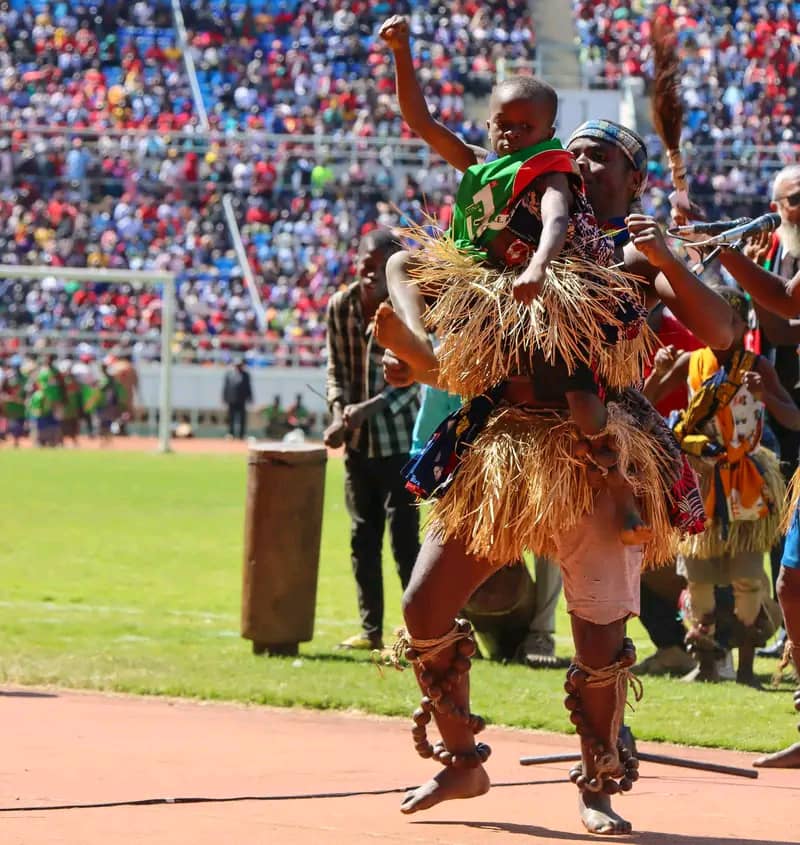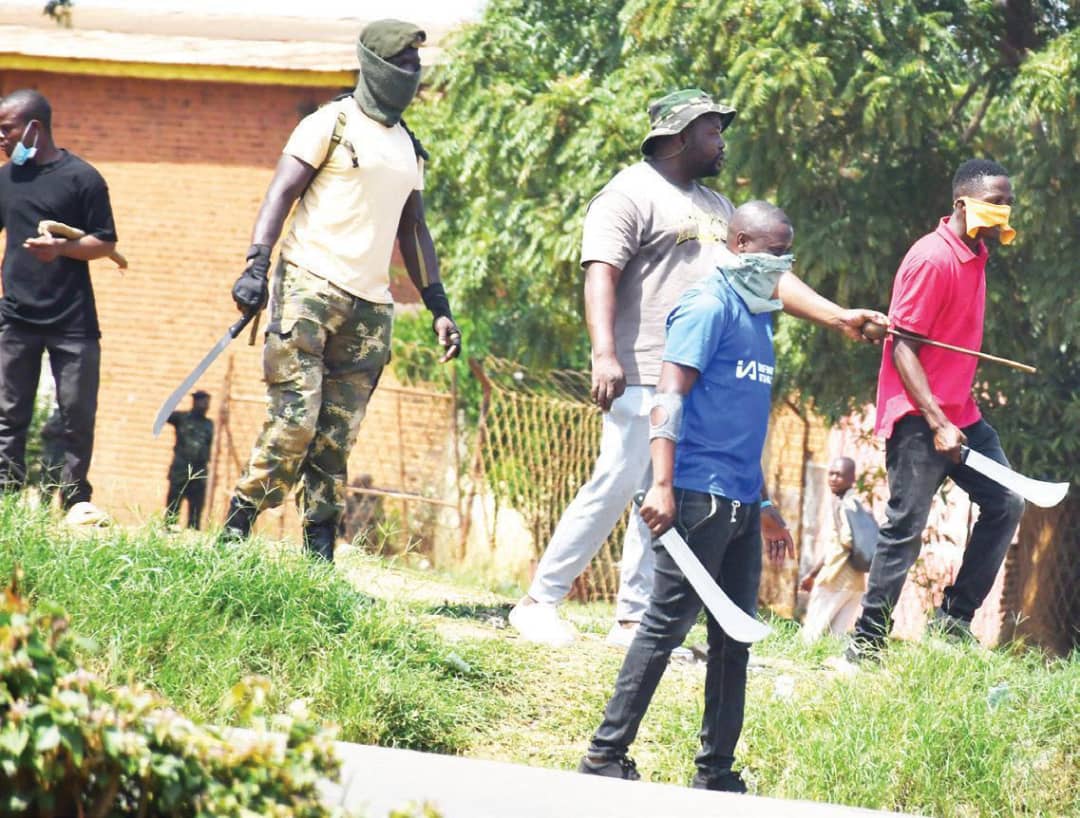By Burnett Munthali
As Malawi commemorates 61 years of independence from British colonial rule, the question of whether there is anything worth celebrating grows louder across the nation.
Behind the colourful ceremonies, the parades, and official speeches lies a harsh reality: Malawi remains a country trapped in poverty, inequality, and broken systems.
The Malawi Congress Party (MCP), the same party that ushered in independence in 1964, extended invitations to all former leaders of the Republic for the July 6 festivities at Bingu National Stadium.
According to MCP Publicity Secretary Jessie Kabwila, this gesture was meant to emphasize national unity, claiming that despite political differences, all citizens must come together to mark this so-called “momentous” occasion.
But the pomp and unity mean little when millions of citizens live in misery, struggling to access even the most basic necessities of life.
What is there to celebrate when over 71% of Malawians still survive on less than $2.15 a day, as reported by the World Bank (2023)?
What is the value of independence if people are economically colonized by their own leaders through corruption, incompetence, and policy failures?
Since 1964, Malawi has had multiple presidents, political transitions, and even a landmark court-ordered election re-run in 2020, yet real transformation remains painfully absent.
The early hopes of freedom, dignity, and prosperity have been betrayed by a system that rewards mediocrity, stifles innovation, and punishes the poor for being poor.
Dr. Hastings Kamuzu Banda’s era of autocracy and fear may be long gone, but the ghost of centralized, arrogant governance still lingers in many state institutions.
Each new administration promises to fix the economy, root out corruption, and improve healthcare and education—but those promises have repeatedly turned into nothing but cheap campaign slogans.
Today, young people make up over 60% of the population, but they are the most unemployed, disempowered, and disillusioned group in the country.
Despite finishing school, many young Malawians find themselves doing piecework or migrating to South Africa, not out of ambition, but desperation.
Meanwhile, the same politicians who claim to fight for the youth fly in luxury, live in mansions, and import fuel for their convoys, while hospitals lack medicine and ambulances.
The 2023 Transparency International Corruption Perceptions Index ranked Malawi 110 out of 180 countries, a damning indictment of how deeply corruption is entrenched in the public sector.
Public funds meant for roads, clinics, and classrooms are often diverted to ghost projects, inflated contracts, and politically connected pockets.
As political elites gather to wave flags and dance before cameras at Bingu Stadium, the majority of citizens will be walking dusty roads to fetch unsafe drinking water, queuing for overpriced maize, or being turned away from understaffed rural health centres.
What kind of freedom is this?
Yes, Malawi has made modest gains—especially in education access, gender parity in primary schools, and peaceful co-existence in a volatile region.
Yes, the judiciary showed rare courage in 2020 by nullifying a rigged election, marking a proud moment for African democracy.
But these isolated successes are not enough to justify a national celebration.
We cannot celebrate when we continue to import nearly everything, from toothpicks to tomatoes, while our local farmers are undervalued and underpaid.
We cannot celebrate when one-third of children are stunted due to chronic malnutrition.
We cannot celebrate when the gap between the rich and the poor widens, year after year, as politicians and their families prosper while public service delivery collapses.
Independence should mean more than the lowering of the Union Jack and the raising of the Malawi flag.
It should mean economic liberation, civic empowerment, and shared national prosperity.
But instead, it often feels like we have traded one oppressor for another—only this time, the oppressor wears our own skin, speaks our languages, and sings our national anthem.
National days should not be for staged unity and empty speeches.
They should be moments of truth, where we confront what we have become, and challenge ourselves to do better.
If 61 years of “freedom” still leaves the majority in hunger, sickness, and ignorance, then our independence is not complete—it is an illusion.
Let July 6 be a day of public reckoning, not public relations.
Let it be a time to reflect not only on where we came from, but where we have failed to go.
Let us demand a new kind of independence—one that frees us from corruption, dependency, and mediocrity.
Because only then will our celebration be honest, and our flag fly with meaning.



